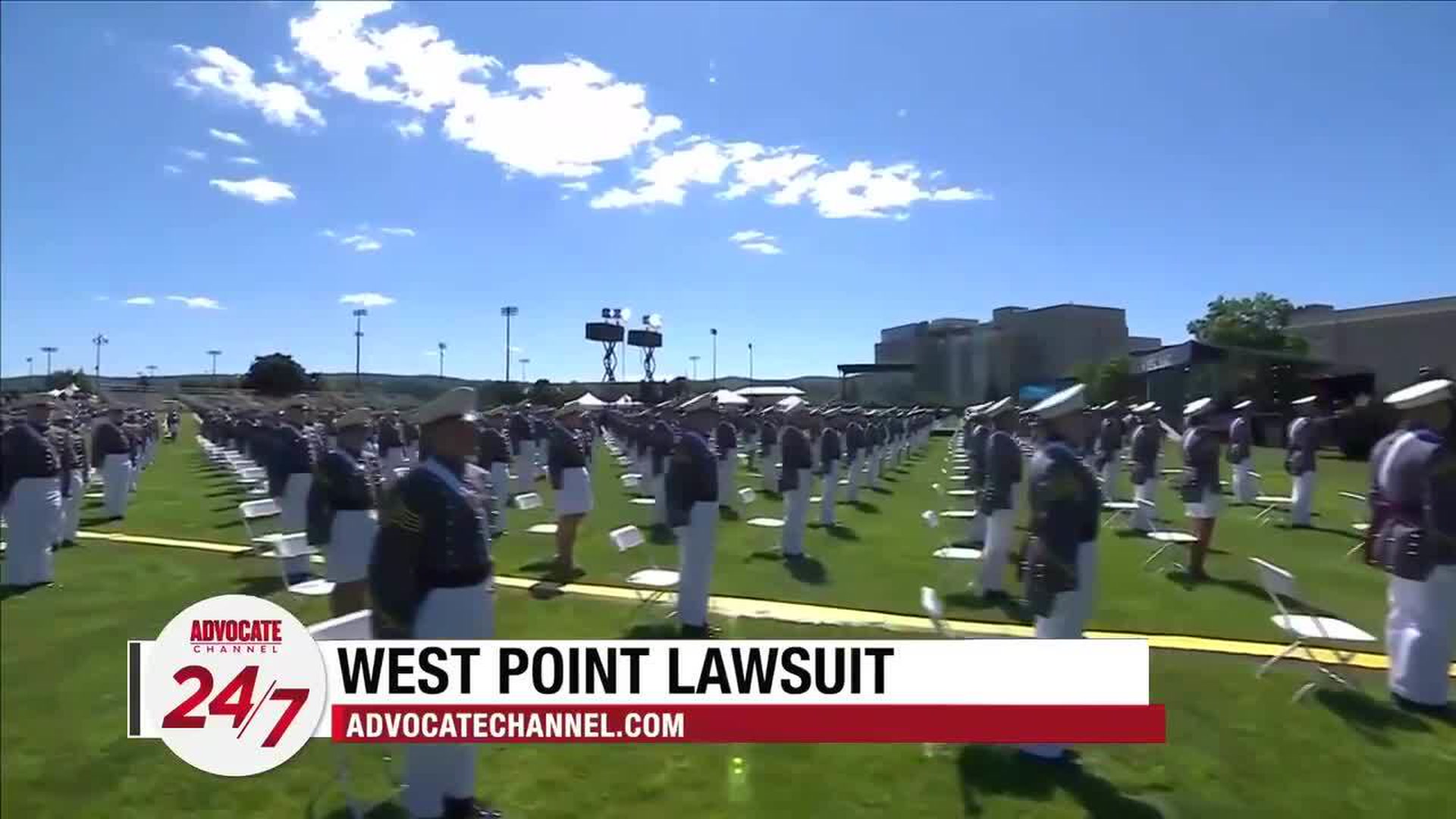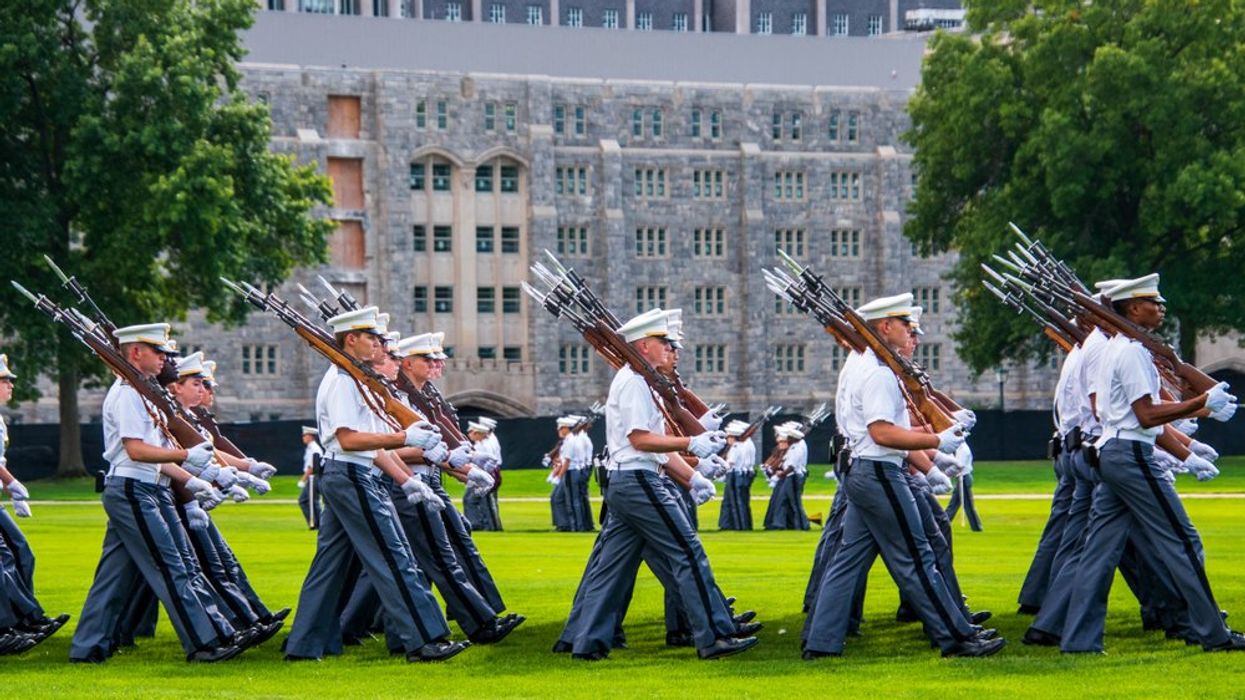The U.S. Military Academy at West Point is being sued for race-based admissions policies, according to a lawsuit filed Tuesday.
The group who filed the suit is the same group who won the landmark affirmative action supreme court cases against Harvard University and the University of North Carolina at Chapel Hill.
“West Point has no justification for using race-based admissions. Those admissions are unconstitutional for all other public institutions of higher education,” Student for Fair Admissions, a conservative group, said in the complaint. “The Academy is not exempt from the Constitution.”
Affirmative action challenge in military academics

The Supreme Court ruled in June that colleges and universities could no longer take race into consideration as a basis for granting admissions. The court’s conservative judges determined that the universities affirmative action programs “unavoidably employ race in a negative manner, involve racial stereotyping and lack meaningful end points.”
However the court’s decision did not include U.S. military service academies.
Legislators and military officials questioned the decision at the time, including Rep. Jason Crow of Colorado, who is a Democrat and former Army Ranger. He called the exception for military academies”outright grotesque,” in a post to X (formerly Twitter).
“The court is saying diversity shouldn’t matter, EXCEPT when deciding who can fight and die for our country – reinforcing the notion that these communities can sacrifice for America but be full participants in every other way.”
SFFA is asking the court to prohibit the military academy in New York from “considering or knowing” an applicant’s race during the admissions process and to find the use of race in admission unconstitutional.
According to data from October 2022, West Point has nearly 4,400 undergraduates, 2,693 of whom are white, 483 are Black or African American, 545 Hispanic/Latino, 414 Asian, and 38 American Indian or Alaska Native.
In their complaint, Students for Fair Admissions said they have two members who are white males who intend to apply to West Point. While they have not been rejected or accepted yet, the group argues that the academy’s use of race as a factor in admissions prevents them from competing on “equal footing.”
“If West Point is allowed to continue making decisions based on applicants’ race, SFFA’s members – including Members A and B and other similarly-situated applicants – will suffer harm because they will be denied the opportunity to compete for a West Point appointment on equal grounds, solely because of their race,” the suit states.
In the Supreme Court’s ruling on affirmative action, Chief Justice John Roberts wrote that, “no military academy is party to these cases, however, and none of the courts below addressed the propriety of race-based admission systems in that context.” In a footnote Roberts states that the cases before the court left open the possibility of “potentially distinct interests that military academies may present” in a future suit.
However, Justice Sonia Sotomayor expressed disdain toward the decision in a dissenting opinion, questioning how the military’s interests are different from those of civilians.
“To the extent the Court suggests national security interests are ‘distinct,’ those interests cannot explain the Court’s narrow exemption, as national security interests are also implicated at civilian universities,” she wrote. “The Court’s carveout only highlights the arbitrariness of its decision and further proves that the Fourteenth Amendment does not categorically prohibit the use of race in college admissions.”
- Without Affirmative Action, Corporate Diversity at Risk ›
- Harvard Under Civil Rights Investigation for Legacy Admissions ›
- Asian Americans Feel Used Like 'Pawns' in Affirmative Action Ruling ›
- Military Academies Will Still Have Affirmative Action — Why? ›
- Naval Academy Latest Target of Anti-Affirmative Action Group ›


















































